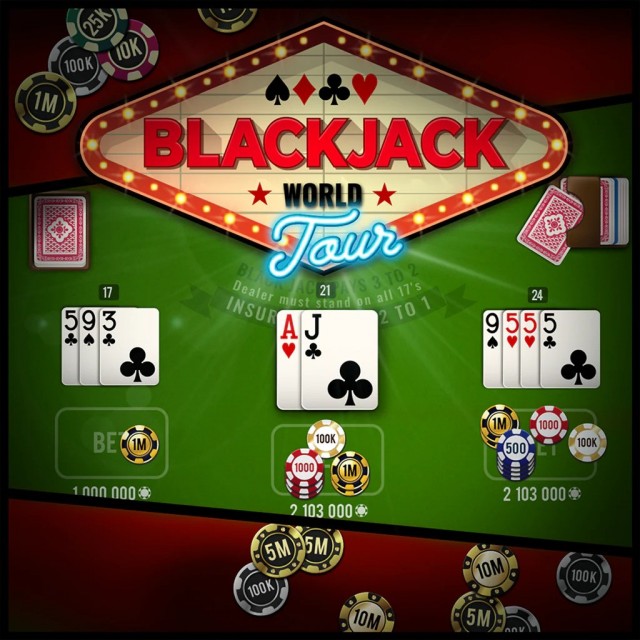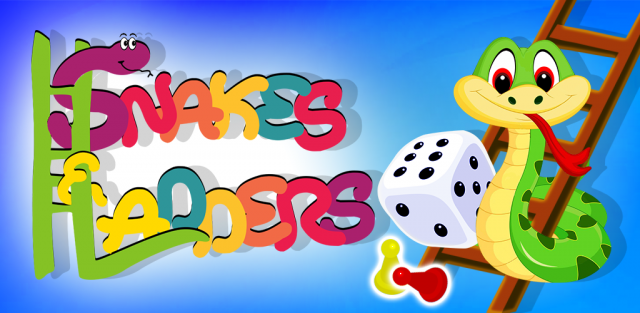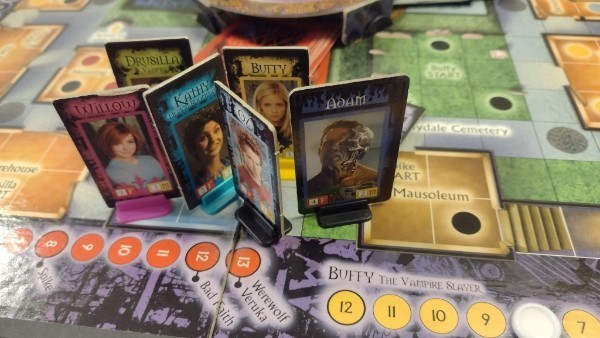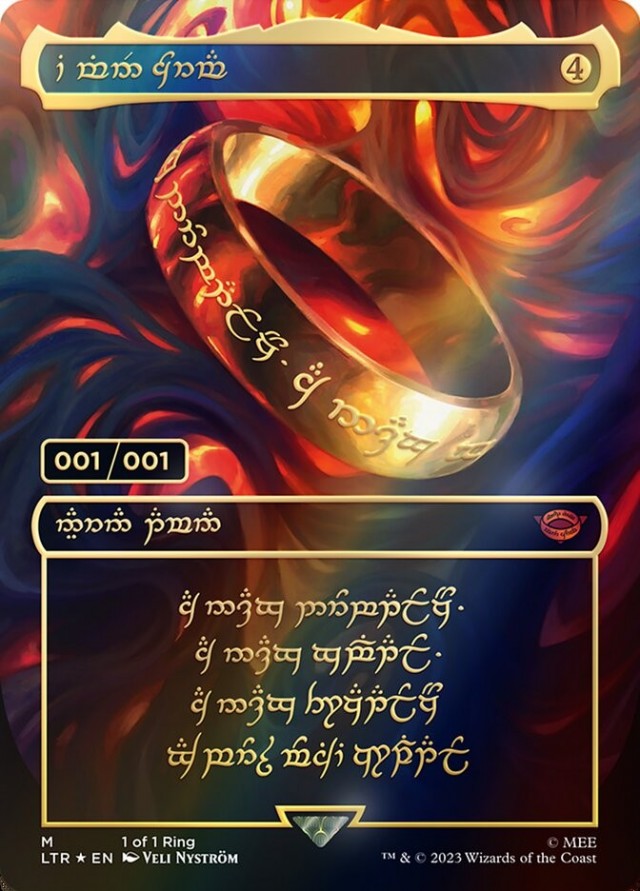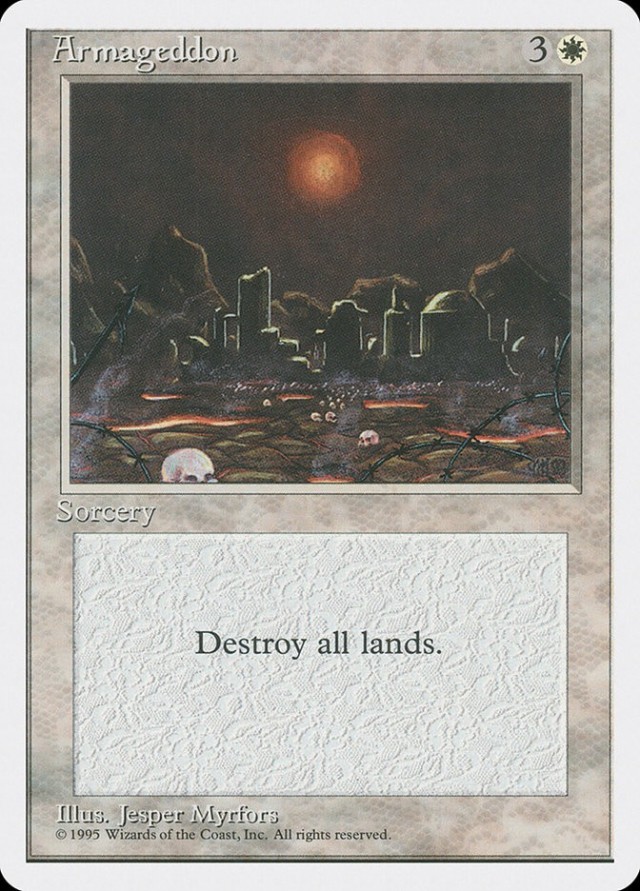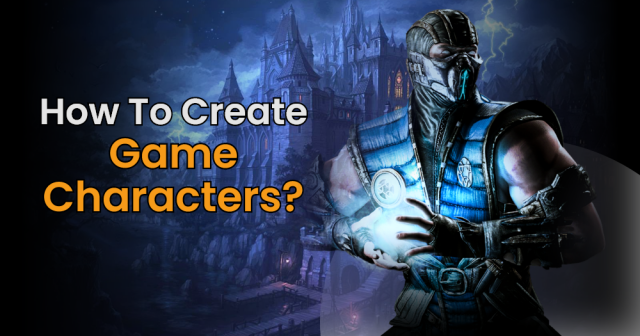This week's companion piece is a list of my five favourite games in my least favourite genre. Yep, that's right, it's Worker Placement time. You can see the results of my ruminations over at Rollin' Dice.
Perhaps the most interesting thing I discovered while compiling the list is how badly lots of randomness fits into the mechanic. Normally, tons of dice or cards is a fine addition to any game and, indeed, some of my picks showcase how well they can work in Worker Placement. But raw chaos and aggression alongside heavy strategy just doesn't sit well for me. Too much chalk with too much cheese. Or perhaps too much milk with too many pickles.
Why am I back to compiling listcicles? Because it's been a long time since I was really excited by a board game new release. I can't even muster any enthusiasm for Warhammer Quest: Silver Tower, not when I've got Descent, DungeonQuest, Mage Knight, the Adventure System and lord knows how many other fantasy adventure games kicking around already. Instead, we're still have tons of fun with Automobiles and X-Wing. There will be a review of the latest wave coming soon, but other than that, I'm content with what I have.
Sometimes though, even when you're immersed in ennui, something can come along and jerk you out of your torpor. That happened recently when I got given a copy of Twilight Squabble via its designer, who lives near me. It's a tiny thing, just a small deck of cards and a few cubes, and it's got nothing to do with its Struggle namesake, except for a cold war theme. But there's a surprising amount crammed into that little box.
At first glance, it's a simple bluffing game. Each turn you get three cards valued at 1, 2 and 3. You play two face down, one on the "space race" and the other on "balance of power". Highest card wins, except you can use your third card to either counter an enemy card or buy bonus points to allocate the following round. There's also an Agent you can use to find out what card your opponent has played. After a few rounds, highest balance of power wins, with ties settled by the space race, unless one side has accumulated two much power and started a nuclear war for an instant loss.
On first play, it turns out to be surprisingly convoluted. You need to read and stick to the rules very closely, and there's a lot of mechanical elements which don't serve an immediately obvious purpose. Halfway through the first hand of this supposedly short game, with flip of the rulebook on every play, I was ready to give it up as rubbish. But once we got the hang of things and the game flowed, it proved both fast and fun.
The cleverness in the game is the way it marries bluff with probability. We encountered several points when, in spite of the hidden information element, there was a "right" and a "wrong" play and making a bad call had the potential to lose you the game. If you're ahead on the balance of power, for instance, failing to negate one of your own cards with your own cubes (which you can do) can mean instant armageddon.
I was also atrociously bad at it. So, if you fancy an unusually quick and deep bluffing game for two, or just a game you can beat me at if we ever meet, it's worth checking out.
 Games
Games How to resolve AdBlock issue?
How to resolve AdBlock issue? 
